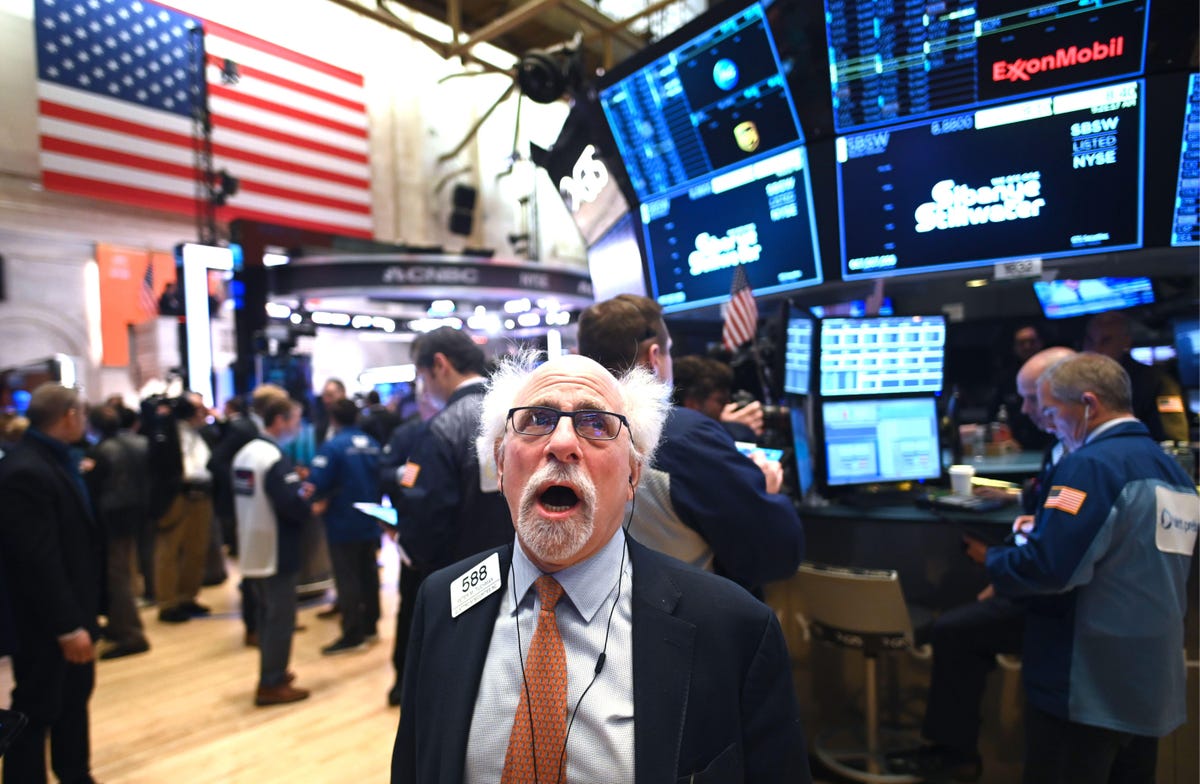Stock Markets
UBS: market still does not account for risk of recession 2022

According to UBS director Michael Zinn, the stock market is not yet fully appreciating the risk of a recession 2022, and has not yet bottomed out, writes Business Insider.
“The market probably hasn’t fully considered the possibility of a harder landing and US risk of recession,” Zinn said.
He also pointed to recent corporate earnings reports, as some companies are reporting disappointing numbers and expect new headwinds to growth next year. So far, the current U.S. 100 is down on the news backdrop.
The lag from analysts’ forecasts will continue as long as Fed policy remains hawkish, he said, which depends on more positive data on inflation and employment. At the same time, many analysts point out that in 2023 the overall economic situation in the world will worsen.
Other commentators have also warned of a recession as the Fed continues to struggle with high inflation and continually raises its interest rate. Bank of America (NYSE:BAC), Morgan Stanley (NYSE:MS) and Deutsche Bank (ETR:DBKGn) predicted a 20% collapse in stocks next year as the recession engulfs the American economy.
Next year’s recession will be followed by a sharp interest rate hike to lower inflation.
Zinn also stated that the market is only “halfway to the bottom,” which means the Fed will not consider a rate cut until it sees at least 4 “good months” of inflation and employment data.
Earlier, we reported that Bloomberg predicted India to lead the stock markets in 2022.
Stock Markets
Hassett says White House probing Fed renovation costs, authority to fire Powell
Stock Markets
Bitcoin’s new record lifts industry stocks ahead of ‘Crypto Week’ in Washington
Stock Markets
S&P 500 climbs to keep record in sight as chip stocks ride ongoing AI-led demand

 Forex3 years ago
Forex3 years agoForex Today: the dollar is gaining strength amid gloomy sentiment at the start of the Fed’s week

 Forex3 years ago
Forex3 years agoUnbiased review of Pocket Option broker

 Forex3 years ago
Forex3 years agoDollar to pound sterling exchange rate today: Pound plummeted to its lowest since 1985

 Forex3 years ago
Forex3 years agoHow is the Australian dollar doing today?

 Cryptocurrency3 years ago
Cryptocurrency3 years agoWhat happened in the crypto market – current events today

 World3 years ago
World3 years agoWhy are modern video games an art form?

 Commodities3 years ago
Commodities3 years agoCopper continues to fall in price on expectations of lower demand in China

 Economy3 years ago
Economy3 years agoCrude oil tankers double in price due to EU anti-Russian sanctions





























